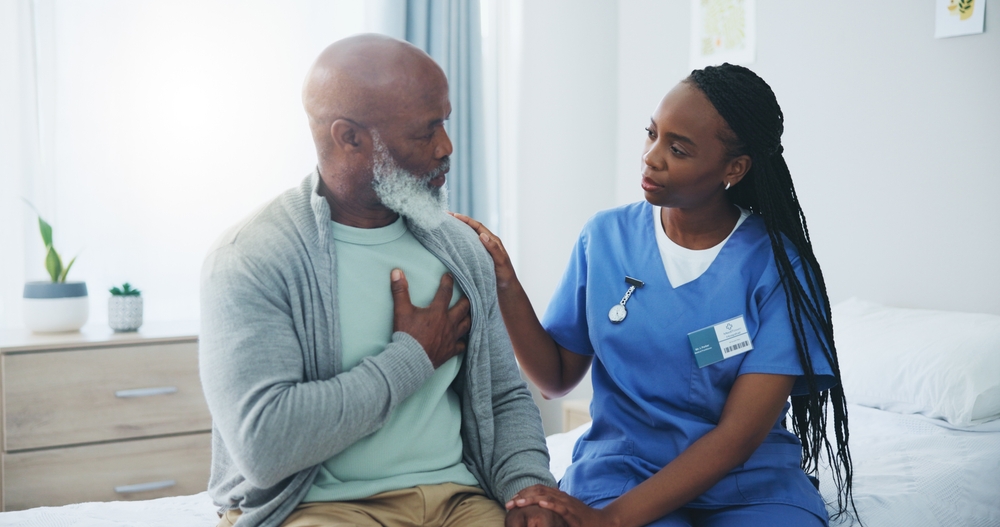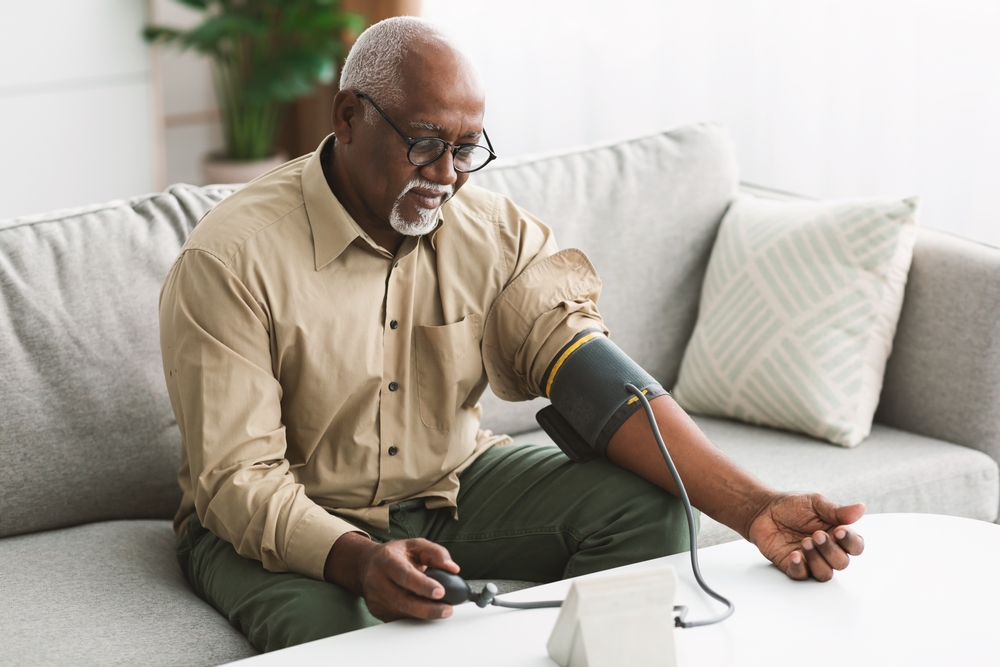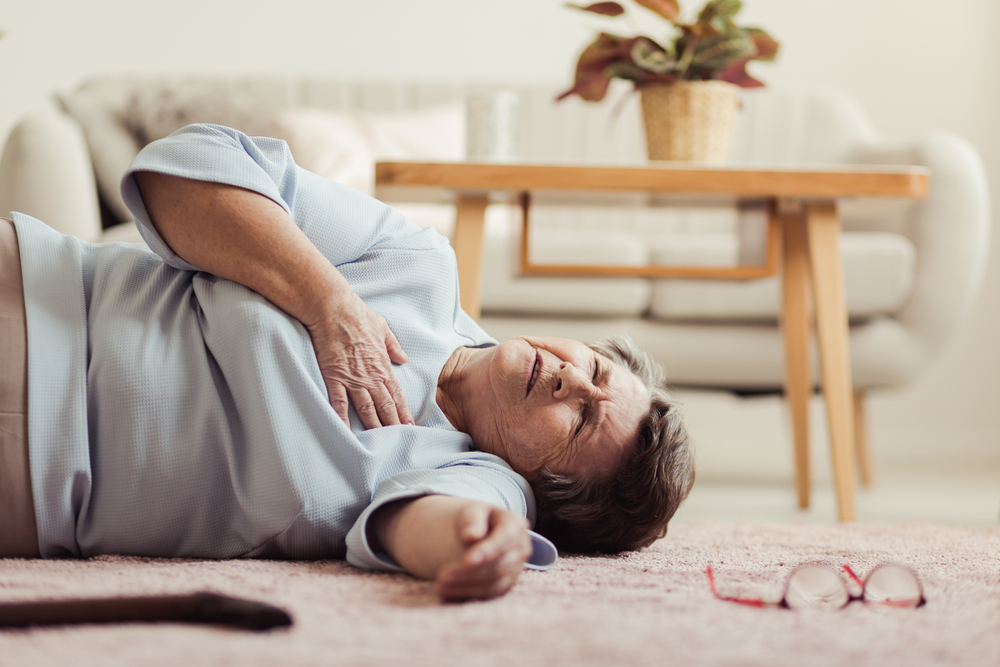Stroke Patient Care at Home
Category:

Recovering from a stroke can be challenging. Strokes can cause both cognitive and physical deficits, and often cause anger and depression as the survivor works through their recovery. Luckily, after stroke care at home is possible, as it puts the survivor in a familiar setting which can assist in their recovery.
Caring for someone who has had a stroke can be difficult, but it is far from impossible. Knowing how to care for a stroke patient will help you keep your loved one happy and safe as they work towards recovery.
Caregiver Guide to Stroke
The first step to providing stroke home care is to learn everything you can about your loved one’s condition. You can speak with their doctor and gather information from the American Stroke Organization which offers a plethora of information about being a caregiver for a stroke survivor.
Some other tips to care for stroke patients include:
- Provide emotional support. Your loved one may exhibit anger, depression or even combative behavior after their stroke because of the mental changes caused by the stroke. Being supportive, remembering to not take their anger personally, and helping promote positive mental health will aid in their recovery.
- Encourage exercise. Physical limitations brought on by stroke can often be revered with physical therapy and exercise. Stroke patients often become frustrated due to their motor restrictions, so encouraging them to keep moving and exercising can help them regain motor control more quickly.
- Monitor medication and side effects. Many stroke survivors require several different medications to cope with all the effects of the stroke. Make sure all medication is being taken as prescribed and watch for side effects. Discuss any side effects with your loved one’s healthcare provider as soon as you notice them to see if any medications need to be changed or adjusted.
- Take falls very seriously. Stroke survivors are prone to falling and it may be very difficult for them to get up again. After a serious fall, your loved one may require a visit to the emergency room to check for injuries. If they have multiple falls, even if they are minor, they should see their healthcare provider to adjust their physical therapy plan or see if new complications have arisen from the stroke.
- Watch for signs of another stroke. Unfortunately, having one stroke increases the chances of having another. Keep the acronym FAST in mind. F – Face: their face may appear droopy or they may be unable to smile. A – Arms: they may experience pain in the arms or be unable to lift one or both. S – Speech: they may have difficulty speaking or understanding speech. T – Time: if you notice any of these symptoms, its time to call 911 and you need to move fast.
Remember to be an effective caregiver you need to take care of yourself first. You may want to consider joining a support group for caregivers of stroke victims where you can find empathy and support from others in your position. You may also decide that you simply cannot provide all the care your loved one needs on your own, and you need to seek additional care, which is normal and readily available.
Download Our FREE Path to Care Guide
Home Care Services for Stroke Patients
If you are unable to provide care for your loved one after a stroke, there are many options for stroke patient care at home. Perhaps your loved one simply needs help getting ready in the morning or getting ready for the bed in the evening, in which case you may only need a caregiver for a few hours per day. If your loved one needs more care, you may need a caregiver who lives in the home to provide services as needed.
Whatever your needs are, there are options and there is nothing wrong with seeking help and not being able to provide any or all of the caregiving support yourself. Stroke patient care can be difficult, and since recovery can be very fast or very slow, it is impossible to predict how long care will be needed. Always seek support if you need it.
To learn more about our home care services, contact our caregiving team today at 1-800-GRISWOLD or find a Caregiver near you.
Subscribe
Date: 2024-09-19
Category:


